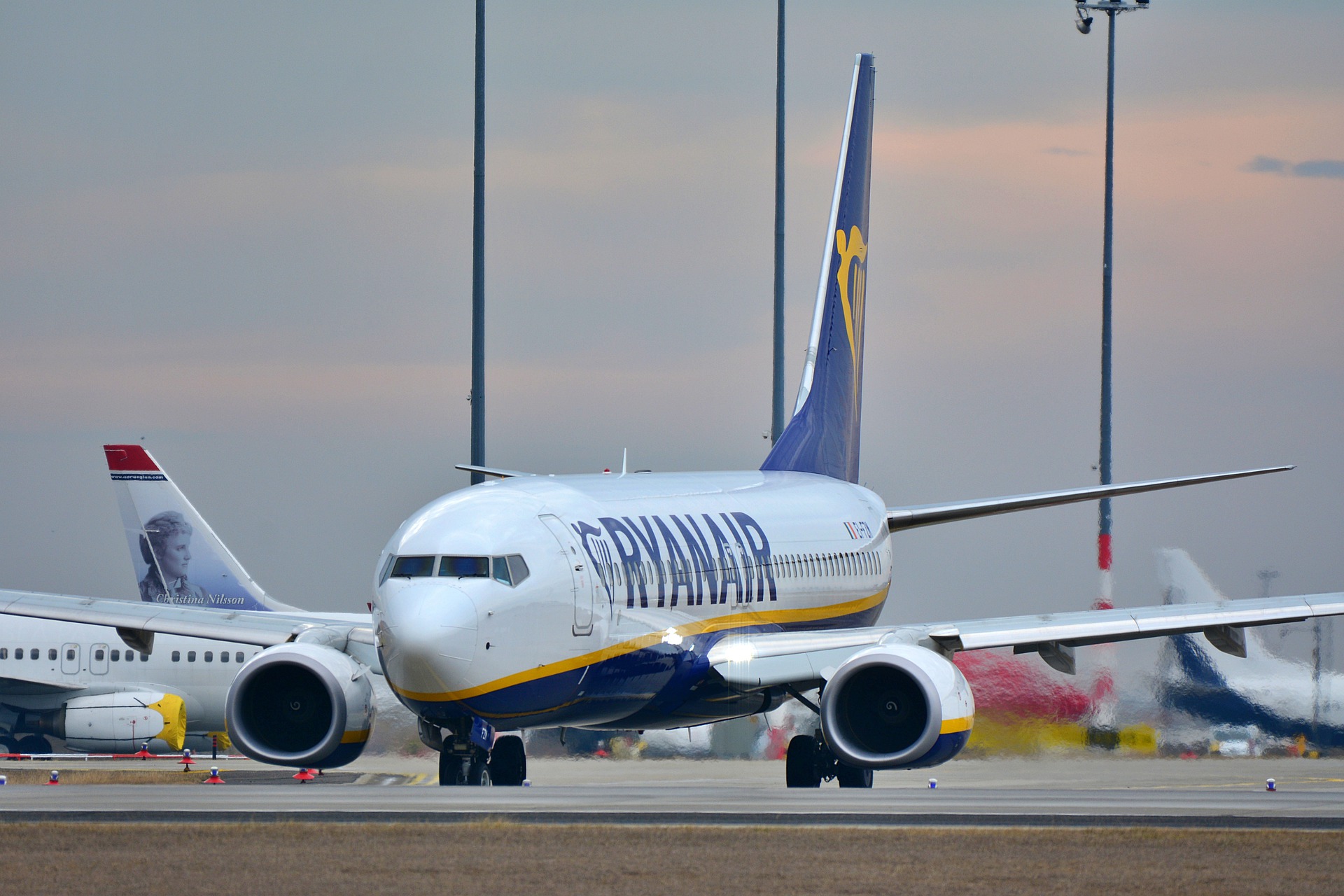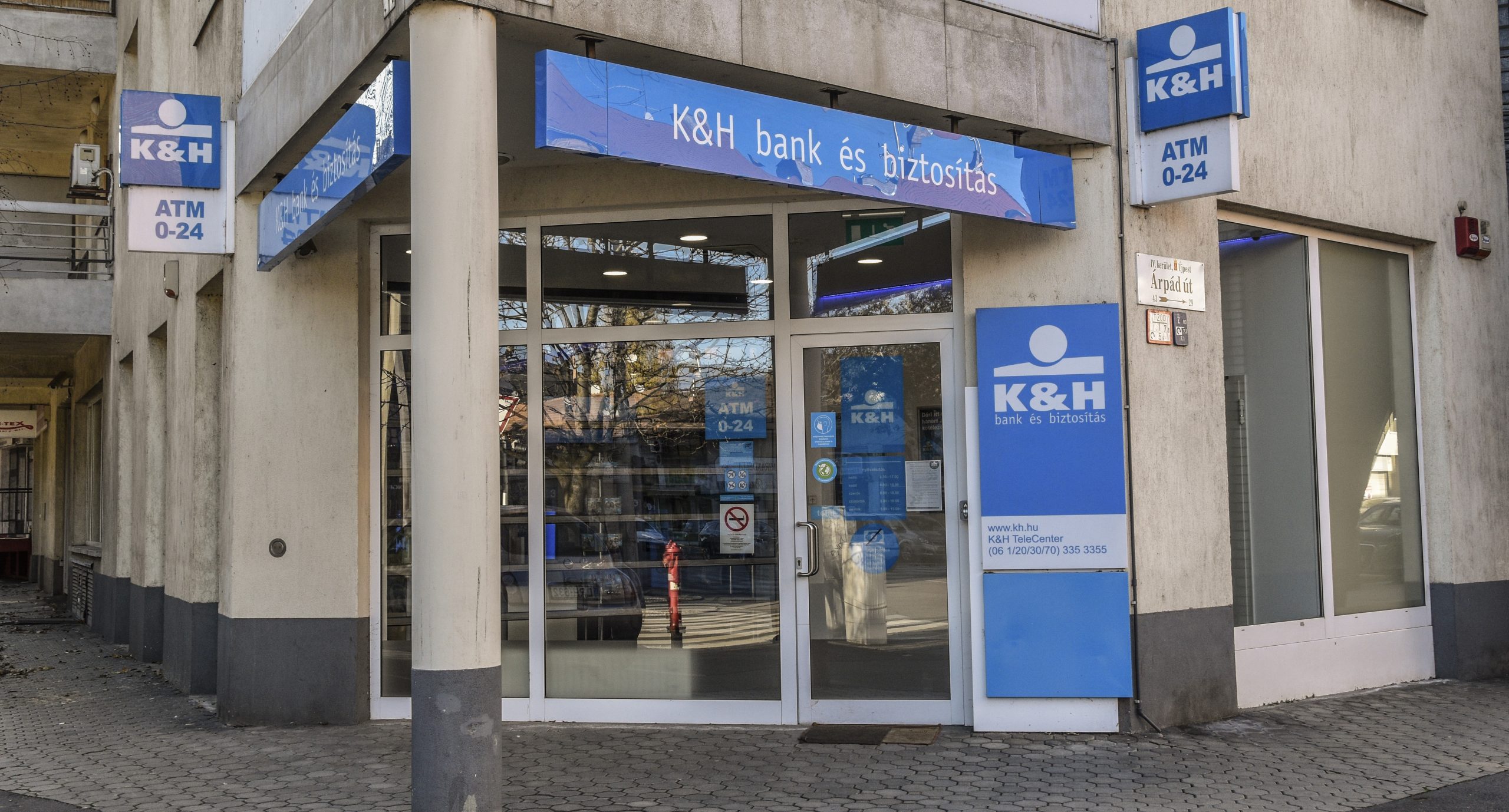
Minister for economic development, Márton Nagy, quickly announced that his ministry is launching an investigation into the 'unfair ticket pricing.'Continue reading

In response to the Hungarian government’s windfall tax imposed on large companies to create extra revenue for the funding of the household energy price cap and defense spending, a number of businesses decided to pass it onto Hungarian consumers. The list so far includes one of Hungary’s largest commercial banks K&H, low cost airlines EasyJet and allegedly Wizz Air, in addition to the majority of leasing companies.
The Hungarian government decided at the end of May to impose a total of 800 billion forints (EUR 2 billion) of windfall taxes on banks, energy firms, insurers and airlines among others, in an attempt to rein in a swelling budget deficit and finance the cost of the government’s energy price caps for households. The government also made a promise that it will keep an eye on whether companies affected by the tax are passing on the burden to consumers and will take action if this happens.
In spite of this, several affected companies have already made the move to push the tax to customers.
Budget airline Ryanair was the first company that decided to pass on the extra profit tax of 3,900 HUF (EUR 10) per person to passengers, even on bookings made before the tax was imposed.
Following the decision, a consumer protection investigation was launched, which is still ongoing. Nevertheless, several companies have decided to follow suit in passing on at least part of the tax to customers.
In a recent statement, one of Hungary’s largest commercial banks K&H has essentially announced that the financial institution will pass on the tax induced higher transaction fee to its customers.
The secretary general of the Hungarian Leasing Association, also told RTL News that the majority of leasing companies will make their customers pay the almost doubled company car tax.
Meanwhile, low-cost airlines EasyJet and Wizz Air are both considering raising the price of tickets in light of the government’s measures.
“EasyJet is disappointed by the introduction of the new tax in Hungary, which comes at a time when the airline industry is only just beginning to recover from the epidemic,” the company wrote in response to a question from hvg.hu, in which the news site asked whether the airline would pass on the extra profit tax to passengers.
The company made it clear that the special tax imposed on them by the government will lead to an increase in ticket prices.
At the same time in a statement released on Tuesday, Wizz Air vowed not to transfer extra profit tax to customers until July 1.
However, the airline admitted that the windfall tax effective from July 1 would most likely affect ticket prices. These prices are expected to increase as a result of the tax and higher fuel prices, the statement said. At the same time, changes in the price of airline tickets will be primarily determined by supply and demand, the company added.
Featured photo illustration by László Róka/MTI